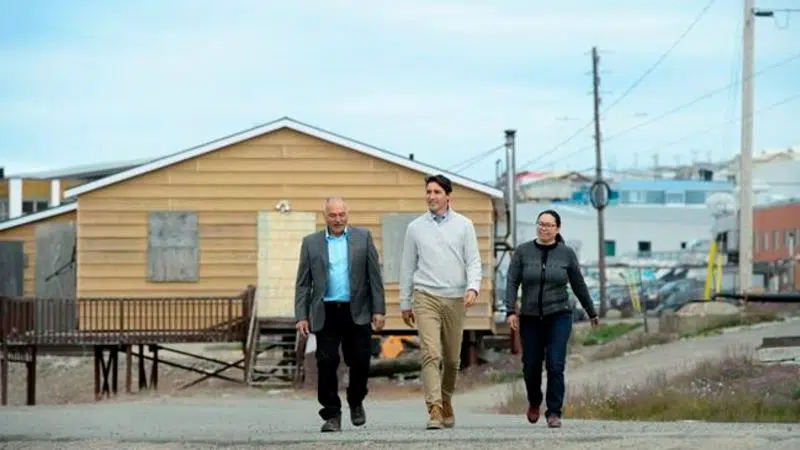
‘Nowhere to go.’ Iqaluit homeless stay in shacks, old boats amid housing crisis
IQALUIT, Nunavut — Nushupiq Kilabuk wakes up every day in a shack on the shores Frobisher Bay in Iqaluit with only a lantern and a camping stove to keep him warm — but he says he’s one of the lucky ones.
Next to his shack, which he built himself a little over four years ago, there are two abandoned boats. One is a wooden fishing boat with a small front cabin, the other, an overturned canoe. Inside the fishing boat are sleeping bags and a jerrycan. Underneath the overturned canoe is a mat and an empty packet of cigarettes.
People have been sleeping in and under these boats at night — often several people crowded together to escape the elements.
That’s why Kilabuk believes he’s fortunate for his shack.


